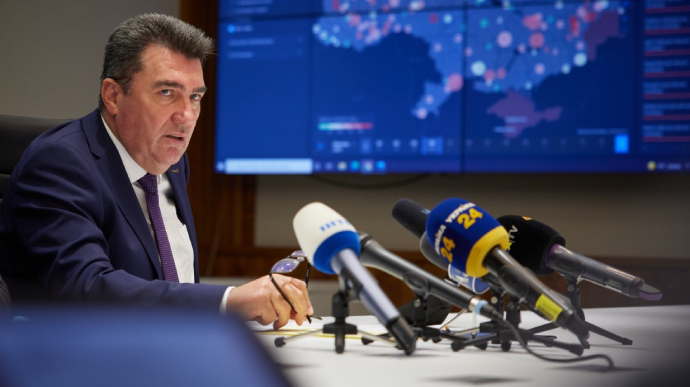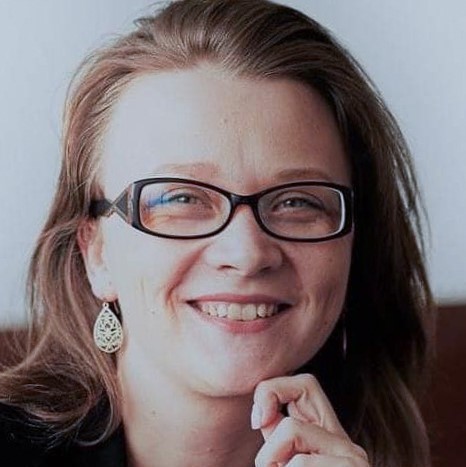Over 600,000 Russians have moved to Crimea since the Kremlin illegally occupied the Ukrainian peninsula in 2014, according to National Security and Defense Council Secretary Oleksiy Danilov.
The relocations are part of a broader Russian effort to influence the region, Danilov said during an online conference on Dec. 15-16, according to a news report by Crimea.Realities, a project of Radio Free Europe/Radio Liberty.
“Russia uses Crimea as a springboard,” Danilov said. “We see complete rearmament and constant military training there.”
The estimate reported by the secretary may be conservative. Russia may have moved up to 1 million people to Crimea by 2020, according to a Black Sea News report published in November 2020.
The population of the city of Sevastopol grew the fastest, increasing by 17% in 2018-2020, according to RFE/RL and Russian media. Sevastopol is where Russia’s Black Sea fleet is based. The port city had 450,000 residents in 2020. As of April this year, it added 64,000.
Some experts reportedly believe that Russia is trying to dilute the pre-existing population. Olga Skripnik, head of the Crimean Human Rights Group told RFE/RL that Russian military personnel loyal to Putin are being moved to permanent residence in Crimea with their families. She also accused the Kremlin of seizing local commercial assets and reallocating them to Russia’s representatives.
Native citizens complained to RFE/RL that newly arrived Russians get preferential treatment from local authorities. For instance, Russian doctors and teachers can get $13,600 in financial aid if they agree to work in rural areas for five years. Locals don’t get such an incentive.
Local citizens also complained that Moscow firms are recruiting people en masse to live and work in Crimea. Sevastopol-based restoration expert Anatoliy Tumanov told RFE/RL that he heard there may be an unofficial order not to hire locals.
The peninsula’s indigenous population, Crimean Tatars, have faced widespread persecution by Russian authorities. As of May, more than 150 Crimean Tatars were persecuted since 2014.
Activists believe that it’s Russia's revenge because of the Crimean Tatars’ pro-Ukrainian sentiments, as well as an attempt to change the peninsula’s demographics by pressuring those who are not loyal to the occupants to flee.













